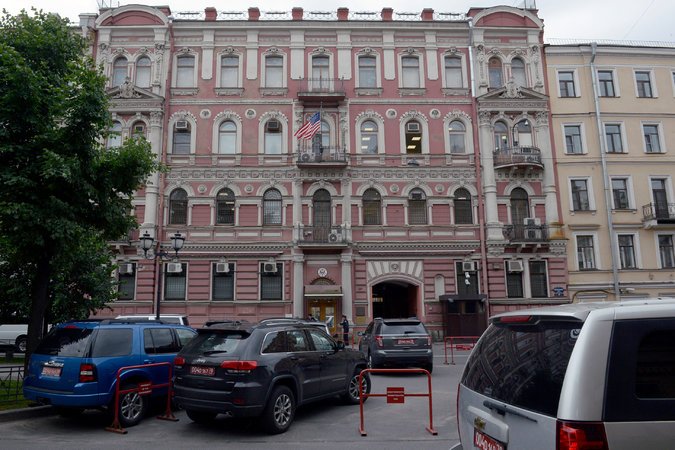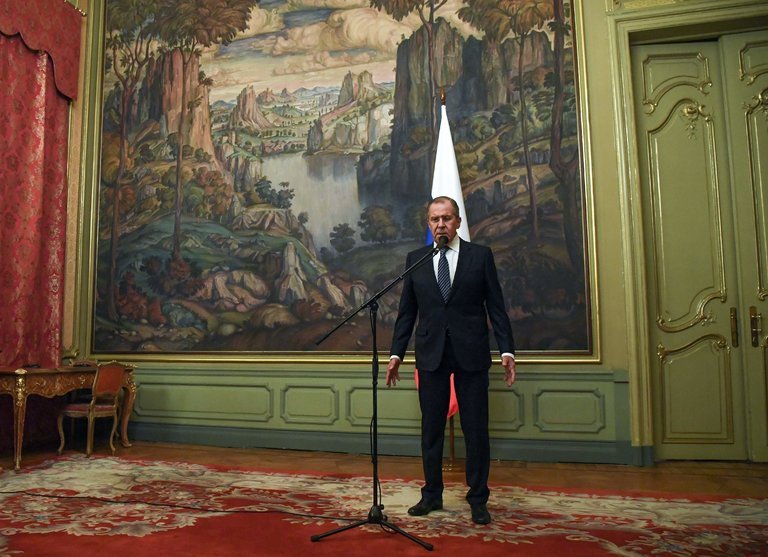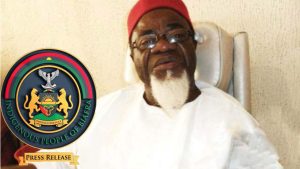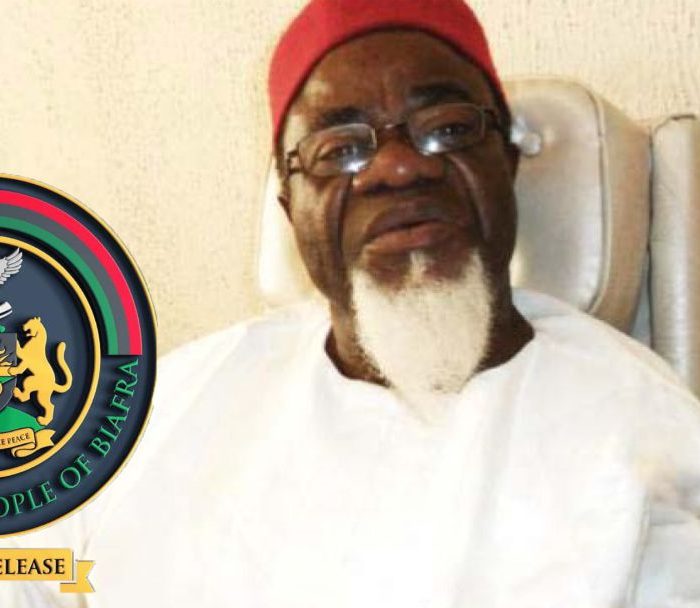Russia Will Expel 150 Diplomats, as Tensions With West Reach Fever Pitch
LONDON — Intensifying Russia’s clash with Europe and the United States, the Kremlin on Thursday announced that it would expel 150 Western diplomats and close the American consulate in St. Petersburg.
The action was in retaliation for the expulsion of more than 150 Russian officials from other countries — which was itself a reaction to a nerve-agent attack on British soil that Britain and its allies have blamed on Moscow.
The United States ambassador to Russia, Jon M. Huntsman Jr., was summoned to the Foreign Ministry, the foreign minister, Sergey V. Lavrov, announced. Sixty American diplomats will be expelled from Russia — the same as the number of Russian diplomats whom Washington has expelled.
The crisis over the poisoning of a former Russian double agent and his daughter has driven tensions between the Kremlin and the West to their highest pitch in decades. The tit-for-tat responses raise the prospect of further, more serious escalations, either public or clandestine.
Advertisement
Continue reading the main story
Relations were already rocky, over Moscow’s roles in the wars in Syria and Ukraine, its forcible annexation of Crimea, its meddling in elections in the United States and elsewhere, the assassination of Kremlin foes in Russia and abroad, cyberattacks and disinformation campaigns against other countries and what Western officials have described as a broad, largely covert effort to destabilize and discredit liberal democracies.
Continue reading the main story
Russia as a whole, and many powerful Russians individually, are already under economic sanctions by the West, and London has vowed to tighten its scrutiny and control of the vast Russian wealth — much of it held by allies of President Vladimir V. Putin — that has flowed into Britain in recent years. Britain has also said it will re-examine several suspicious deaths of Kremlin opponents.
Mr. Putin and his government have denied any involvement in the March 4 attack on Sergei V. Skripal and his daughter, Yulia, and have tried to cast blame on Britain, the United States, Ukraine, the Czech Republic and others.

The Skripals were found unconscious in a busy shopping area in the small English city of Salisbury, where Mr. Skripal lives. He remains hospitalized in critical condition, but his daughter is showing improvement, British officials announced on Thursday. British officials say that hundreds of people could have been exposed to Novichok, the toxin used against them.
Prime Minister Theresa May and her government contend that they were poisoned with one of an extremely powerful class of nerve agents known as “novichok,” developed by Soviet scientists in the 1970s and ’80s. They claim to have solid evidence that Russia was probably behind the attack, and that Mr. Putin himself probably approved it.
The British government has not made its evidence public, but has shared it with its major allies, who have said that they agree with London’s conclusions. The Organization for the Prohibition of Chemical Weapons, the international body that polices a chemical weapons ban treaty, is investigating.
Newsletter Sign Up
Continue reading the main story
Please verify you're not a robot by clicking the box.
Invalid email address. Please re-enter.
You must select a newsletter to subscribe to.
Sign Up You agree to receive occasional updates and special offers for The New York Times's products and services.
Thank you for subscribing.
An error has occurred. Please try again later.
You are already subscribed to this email.
View all New York Times newsletters.
- See Sample
- Manage Email Preferences
- Not you?
- Privacy Policy
- Opt out or contact us anytime
President Trump, who has long been loath to criticize Mr. Putin or his government, has made no public statement on the nerve-agent attack or who was to blame for it. But officials in his administration have publicly backed Ms. May’s statements, and on Monday the president ordered the expulsion of 60 Russian officials who work in the United States, and the closure of the Russian consulate in Seattle.
More than 20 other countries, primarily European, also announced expulsions on Monday, and a few more joined in on Tuesday, as did NATO headquarters in Brussels. The expulsions were a remarkable show of international unity and coordination, in solidarity with Britain, which had already forced 23 Russian officials to leave the country; Moscow responded by expelling 23 Britons.
In all, 27 countries have ejected more than 150 Russians, including people listed by their embassies and consulates as diplomats, and military and cultural attaches. Western officials say that many of the Russians are actually spies, and that the expulsions will hinder Russian espionage efforts.
Mr. Skripal, a former colonel in Russian military intelligence, was imprisoned in Russia for selling secrets to Britain. He was sent to Britain in 2010 as part of a spy swap. Why he would be targeted years later is unclear, but political and security analysts have said that the attack served as a warning to those who would cross Mr. Putin that even in exile, they are never beyond the Kremlin’s reach.
Advertisement
Continue reading the main story
On March 12, Nikolai A. Glushkov, a former Russian business executive and critic of the government, died suddenly at his home in London, and the police are treating the case as a murder investigation.
Oleg Matsnev and Ivan Nechepurenko contributed reporting from Moscow.
Continue reading the main story Read the Original Article




























